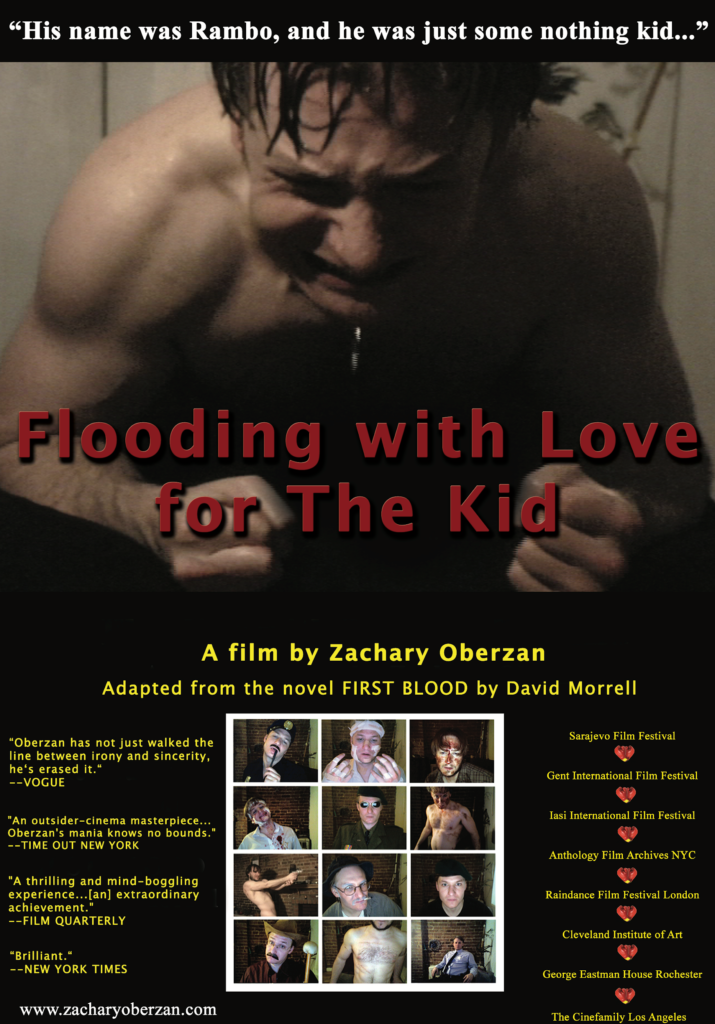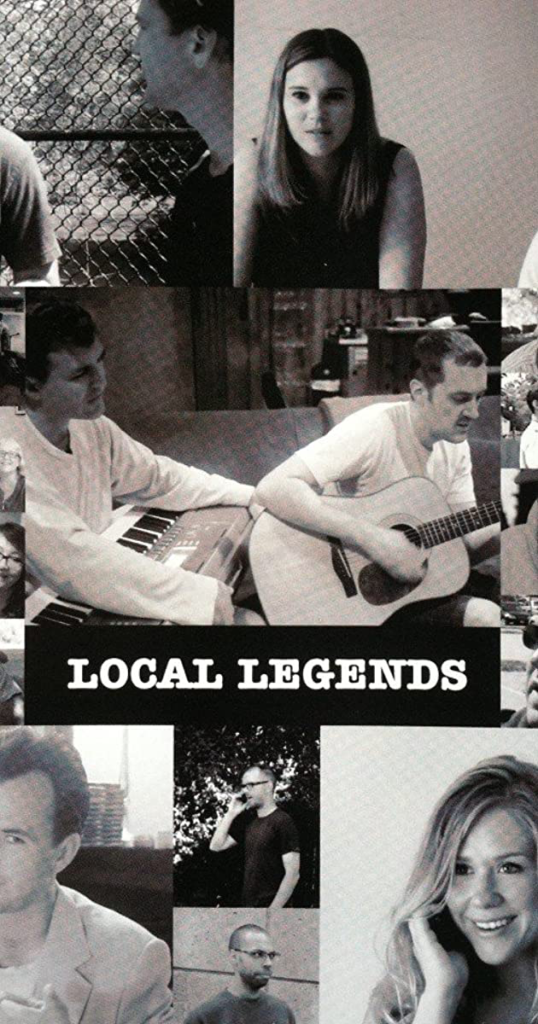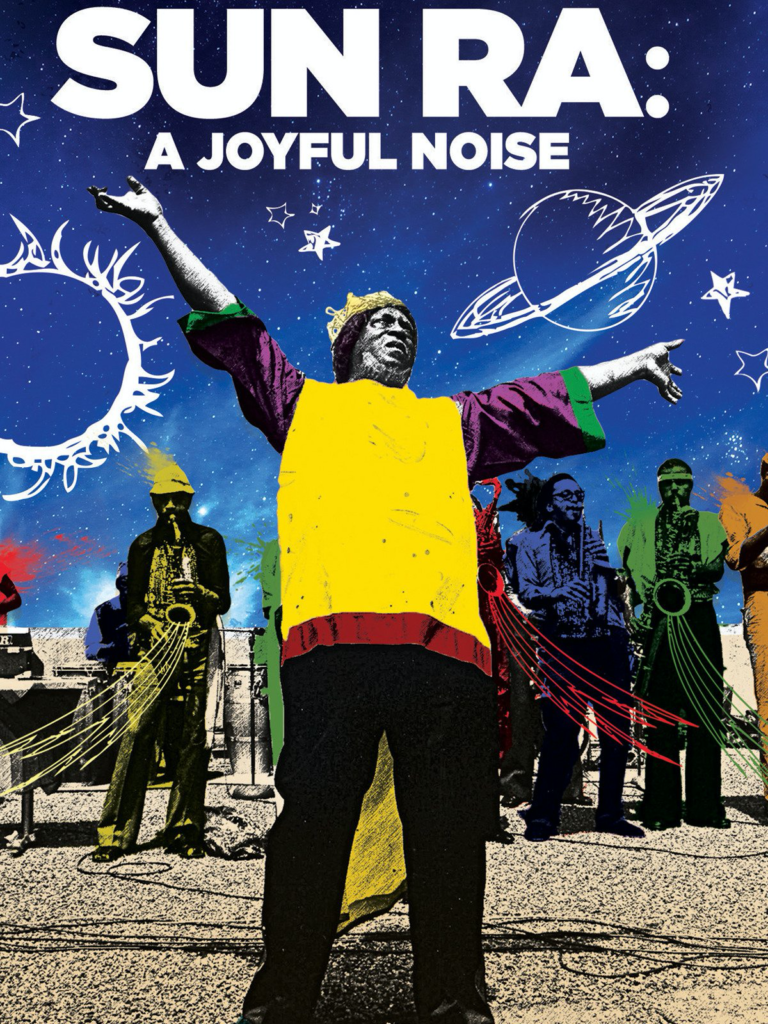
As we throttle towards the one-year anniversary of the first national lockdown, you’ve likely exhausted your storehouse of media. Because, when last was Netflix’s selection actually decent? If you are sick of the omnipresent discourse surrounding Queen’s Gambit, Bridgerton etc., it may be worthwhile trying something new.
Take it as a good opportunity to prickle the monoculture and catch a few under-seen films particularly relevant for whatever it is that we’re in right now.
The Hole (dir. Tsai Ming Liang, 1997)

Tsai Ming Liang’s The Hole presents us with two characters, a man and a woman, stuck in their respective rooms in the same apartment complex, where sometimes they catch eyes. The buildings are run down and nearly empty and it always rains. The characters are cut off from almost all social connections. Is any of this starting to sound familiar?
A pre-COVID watch of The Hole places it squarely in line with the rest of Tsai’s oeuvre. There’s the molasses-slow pacing, the absurdist musical numbers, relationships developing without a word spoken. Post-COVID, The Hole’s cabin fever depressiveness turns all too coherent. The focus of the film on the slow unravelings of the brain makes it particularly poignant at present.
Flooding with Love for the Kid (dir. Zachary Oberzan, 2007)

For whatever reason, one-man films haven’t caught on like their theatrical counterparts. Flooding with Love for the Kid is a rare example of the former and showcases why we dearly need more examples.
Unlike the latter, it is not pretentious and filled with clever monologues. There’s no high-minded concept at play here. It’s a one-man adaptation of First Blood – the novel that Rambo is based on. It is acted, filmed, and edited by Zachary Oberzan in his New York apartment.
It is a film that shows what you could have done in quarantine – but did not.
DIY filming on a shoestring budget is a concept that has been harped on endlessly, but has struggled to take flight. The few films that have adopted such an ethos exist mostly as gimmicks and proofs-of-concept.
Without being alarmist, perhaps this is the direction cinema needs to head in. Who knows when lockdown will end? You hear every week about another Hollywood production being shut down due to a breach of COVID protocols. Imagine Mission: Impossible 7 entirely directed and acted by Tom Cruise in his swanky Soho condo. It would at least spare his camera crew from his meltdowns.
Local Legends (dir. Matt Farley, 2013)

We are fast moving towards a hyper-individualised, fractured cyber-future. A future dominated by “efficient” tailor made experiences (created by artificial intelligence) – to the detriment of collective experiences.
Polymath Matt Farley has seen this wave of machine music coming and refuses to become outmoded. Farley individually appeals to his listeners and their wants: “I have a song about almost every topic you could think of”.
Under the moniker, The Guy Who Sings Your Name Over and Over, Farley has released hundreds of songs merely repeating various names over the same rinky-dink piano line.
Local Legends is a semi-autobiographical slice-of-life. We follow Farley in all facets of his life – producing the aforementioned Spotify hits, flirting, perfecting his stand-up comedy, shooting hoops. The film amounts to loving snapshots of the artist in his habitat.
Sun Ra: A Joyful Noise (dir. Robert Mugge, 1980)

Robert Mugge’s Sun Ra: A Joyful Noise is one of the finest concert films of all time. If you’re unfamiliar with the subject, Sun Ra is a proto-afrofuturist jazz musician. His style varies greatly, but at the time of filming leaned toward a funk-inspired sound merged with improvisatory ruptures.
Sun Ra is among a small group of legitimately legendary performers – both in adroitness (having been a recognized musical genius since childhood) and in flare (the incredible camp costumes straight from 50s Sci-Fi).
In the film, footage of Sun Ra’s performances is intercut with interviews of Sun Ra and his backing group, the Arkestra.
The Trial (dir. Orson Welles, 1962)

Look ahead. The year is 2023. You are finally allowed to dine with an infinite number of people from an infinite number of households. You go to the only establishment left in Cambridgeshire – Spoons, naturally – and delight in a bottle of wine. All is splendid. Then – you get the dreaded question: what did you read over Lockdown XIV?
You didn’t read anything – with the theatre of COVID, you didn’t need to. How can you get out of this dire situation? Answer: The Trial.
The Trial allows you to pretend knowledge of two great artists, Kafka and Welles. The film is based on Kafka’s novel of the same – published in 1925. The film opens with a rendition of Kafka’s parable “Before the Law” – setting the tone for the next two hours.
